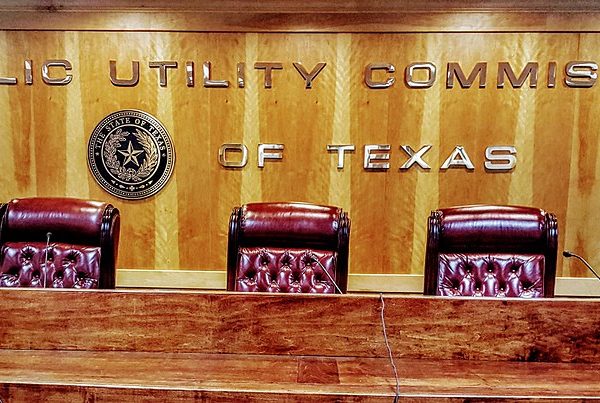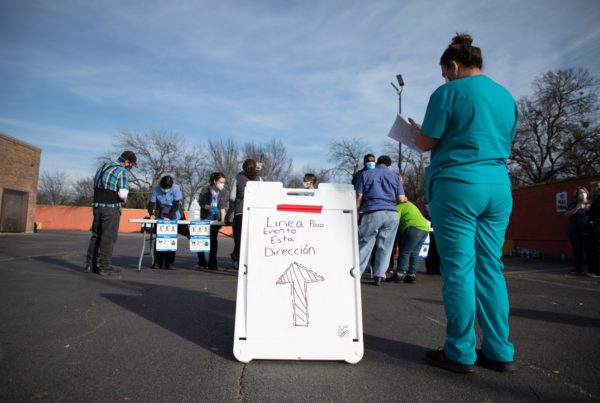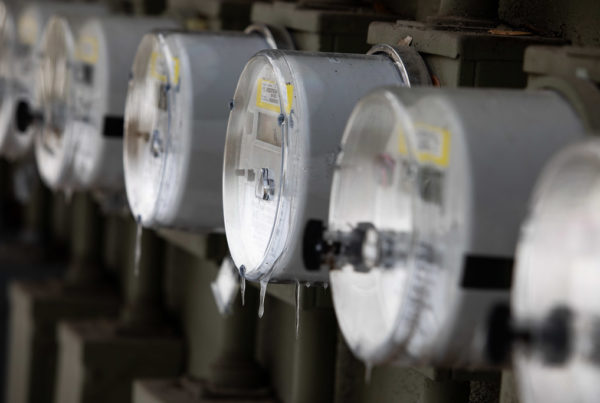As many Texans continue to work their way through the ripple effects of last week’s storm and outages, there’s little question that the operator of the electrical grid system in Texas is in the hot seat. Lawmakers are planning investigations and the governor is demanding the resignation of the chief of the Electric Reliability Council Of Texas, or ERCOT.
And lawsuits are mounting against the independent nonprofit. Several suits relate to deaths and damage associated with the storm. One case before the Texas Supreme Court could decide the question of whether ERCOT can be sued, or whether it’s protected by sovereign immunity. It’s a case that predates last week’s storm.
Paul Takahashi is an energy reporter for the Houston Chronicle. He told Texas Standard that more lawsuits are expected in the coming days and weeks, but if ERCOT wins in the sovereign immunity case, plaintiffs won’t be able to collect.
“Sovereign immunity [is] a well-established legal principle that protects governments and governmental agencies from lawsuits that seek monetary damages,” Takahashi said.
The concept goes back to British common law. The question before the Supreme Court in the case of Panda Power is whether ERCOT, as a private nonprofit, is protected by sovereign immunity.
Takahashi says Panda Power built three power plants at ERCOT’s urging, in response to the 2011 ice storm that strained Texas electricity-generating capacity.
“Now Panda spent more than $2 billion to build these power plants, but they ultimately ended up losing billions of dollars when that demand didn’t actually materialize,” Takahashi said.
Panda sued ERCOT, charging fraud and breach of fiduciary duty, seeking $2.7 billion. ERCOT is defending itself against the suit by claiming it has sovereign immunity.
Texas elects its Supreme Court judges, meaning that the justices now face political pressure to hold ERCOT responsible for last week’s power failures in the state. The Panda case is unrelated to the recent storm, and it could be argued that ERCOT’s actions encouraged development of new electric capacity – a demand many have made since the storm.














